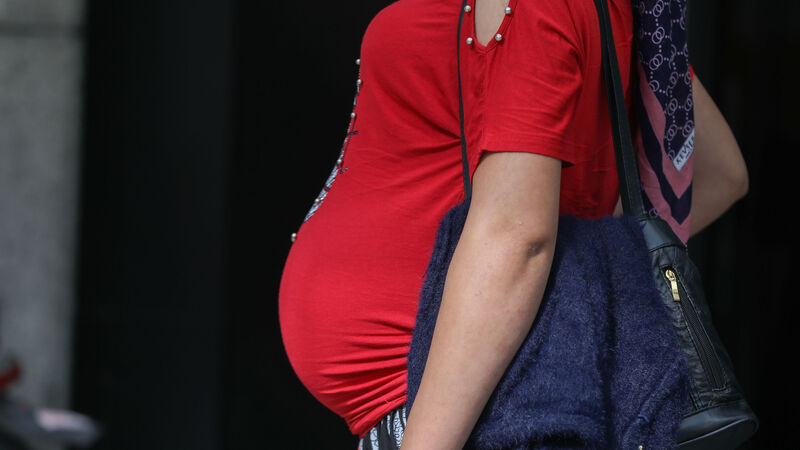Irish parents respond to The Rotunda: It feels like we are shouting into the abyss

Picture: Rollingnews.ie
It was the gift shop that sent people over the edge. The fact that the gift shop was selling fewer teddies than before the pandemic.
“It was as if the only difference that had happened in the hospital was that gift shops wasn’t making as much money." Susan Rutledge is a registered nurse and mum to Alex (2) and Abigail (4 months), both born in The Rotunda hospital in Dublin. She says that , which aired its first episode of series three on RTÉ One on Wednesday night, grossly underrepresented the experience of attending the hospital during a pandemic.








